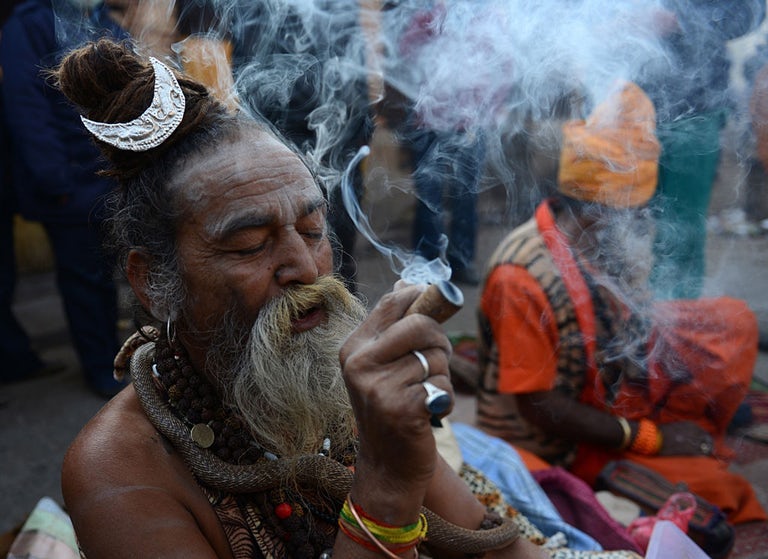The date on Monday was 4/20, with April 2020 being the month of 4/20; colloquially being referred to as the “Weed Day”/”Weed Month” as 420 is slang for cannabis. While possession and consumption of cannabis in small quantities are common among the youth in almost all countries, with people like former US President Obama, to Indian Member of Parliament Tathagata Satpathy admitting to having smoked cannabis in their college days.
The possession or consumption of cannabis is a criminal offence in most countries even as it is considered a ‘victimless crime‘. A ‘victimless‘ crime is a case where a crime is committed in the eyes of the law, but there is no victim. Despite there being no victim, mere possession of some 20-50 grams of weed can, in most jurisdictions, have you sent to jail. Although possession causes no real harm to anyone else (or to you), and statistically, cannabis is far less addictive than alcohol or cigarettes.
Fast forward to today, if we look around the world, as the coronavirus aggressively spreads, authorities all over the world panicking and trying their best to ensure currently over packed jail cells are made emptier to avoid the spread of the virus. And the first “criminals” authorities release are people who were arrested and detained for minor possession of weed and other such ‘victimless crimes‘. Such people, in different legal jurisdictions, are almost always heavily from the poor and minority communities (exp, African Americans and Latino in the US) who can’t afford to pay a hefty fine or for expert legal defence.
So the question that we should ponder over once things go back to normal is whether these people should be sent back to jail, or more importantly if such acts should ever have been criminalised and these people sent to jail in the first place?
Let us compare that with sugar, which is also extremely addictive and more harmful, and yet remains a component of our daily diet. Some of us love our sweets and having a sweet tooth, or more serious vices like smoking or drinking, are not crimes. The quality of alcohol is regulated and taxed. Still, you are not jailed for owning or consuming it, even though alcohol poisoning has a much higher fatality rate compared to cannabis overdose.
So in the words of American political philosopher and abolitionist, Lysander Spooner, why should the carving of one individual be a crime when the craving of the other is not when both of those carving harm no one but the consumer. When laws make victimless vices crimes, they are almost always disproportionately used and misused against the disenfranchised, poor, and minorities by the state.
Read more: Banning Commercial Surrogacy & Lives of Surrogate Mothers
Post Disclaimer
The opinions expressed in this essay are those of the authors. They do not purport to reflect the opinions or views of CCS.




